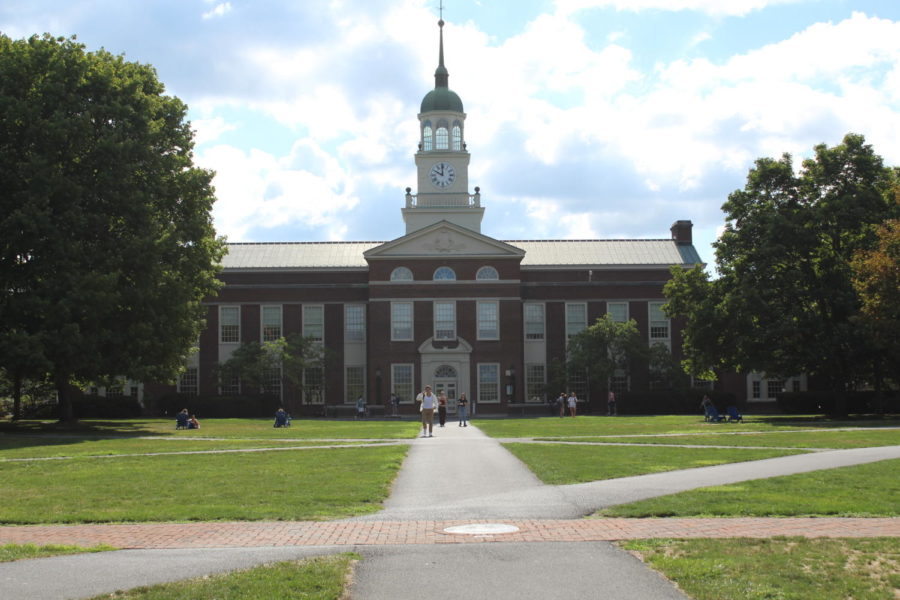Faculty members demand raised wages from administrators
November 4, 2022
More than 250 Bucknell faculty members passed a motion at their monthly meeting on Tuesday calling for President Bravman and the administration to raise current professor salaries.
“It is the sense of the faculty that the administration needs to stop cutting the real salaries of faculty and staff, that even in tough years salaries should be maintained in real terms, and that we should return to a model where faculty salary increases are pegged to those at peer institutions,” read the motion.
The Board of Trustees raised faculty and staff salaries by 3.5 percent for the 2023 year, President Bravman said to The Bucknellian, in an emailed statement.
“The administration has not cut salaries, laid off, or furloughed University personnel — not even during the nation’s weaker economy during the pandemic,” Bravman said.
Economics Professor Geoff Schneider, author of the motion, said salaries have not kept up with the rate of inflation, so although it may seem like professors’ salaries are being raised, their “real salary” has less purchasing power compared to past years.
Current national inflation rates stand at 8.2 percent, according to the U.S. Bureau of Labor Statistics.
If Bucknell’s salaries are allowed to fall behind its peer institutions, Schneider said he worries that the University could lose its best professors.
According to data taken from both American Association of University Professors and the Bucknell Factbook, professors at Bucknell have had their salaries increased less than the national average.
The national average salary for a professor rose 30.7 percent from 2008 to 2021. At Bucknell, assistant professors have had their salaries increased about 28.1 percent, associate professors have had theirs increased 26.3 percent and full professors have seen a 14.5 percent increase in that period.
Schneider said faculty members would need to take more work as consultants if salary raises continue as they have, but this could eventually lead to a decline in Bucknell education due to professors being spread thin.
Faculty members have also devoted a lot more time to the student body since the pandemic, according to Schneider, adding pressure to those salaries.
“It is a stressful time, and this requires a lot more effort than it used to,” he said.
The University provided a one-time “COVID bonus” of $5,000 for most faculty and staff members, “in recognition and gratitude for the work performed by Bucknell employees during the pandemic,” Bravman said.
According to Schneider, a lot of additional work has been added to faculty responsibilities in the past two decades.
“For example, in addition to grading and evaluating work in our classes, we are asked to document how much progress students are making relative to department and university learning goals,” Schneider said. “We have been asked to add student portfolios to our teaching and advising.”
A lot of additional work seems to parallel the increase in the number of administrators at Bucknell, Schneider said.
“It seems as if each new administrator adds one more item to the list of faculty responsibilities, so they can make their stamp on the place and get their next job,” he said. “Unfortunately, with the large increase in faculty workload at the same time salaries are being cut, we are seeing a steep decline in faculty morale.”
Schneider and the other faculty members agreed that change needs to come from the administration.
“We [the University] have been increasingly spending funds on expanding the size of the administration and on new buildings, while cutting salaries of the faculty. As nice as the new buildings are, faculty are the essence of the institution. To me, this seems like a misallocation of resources,” Schneider said.






















